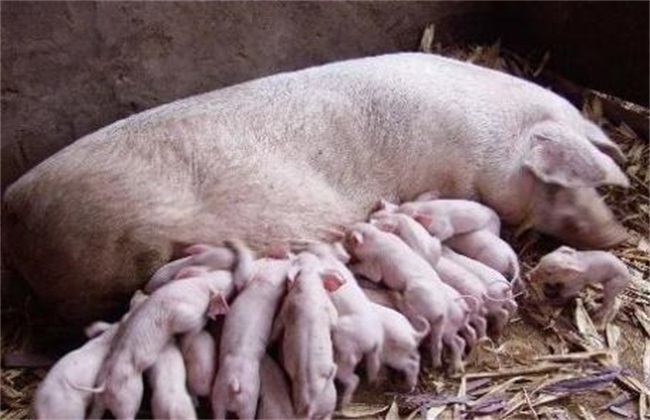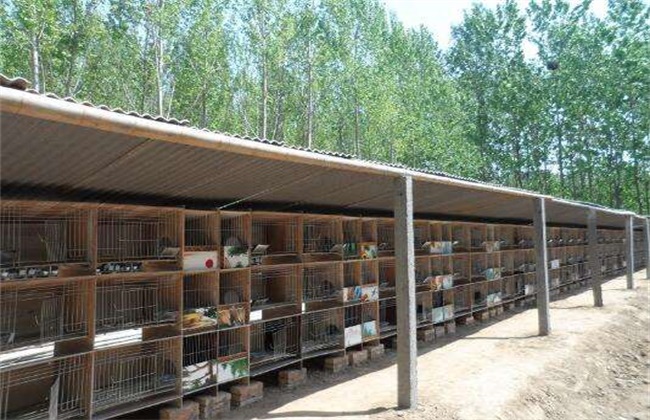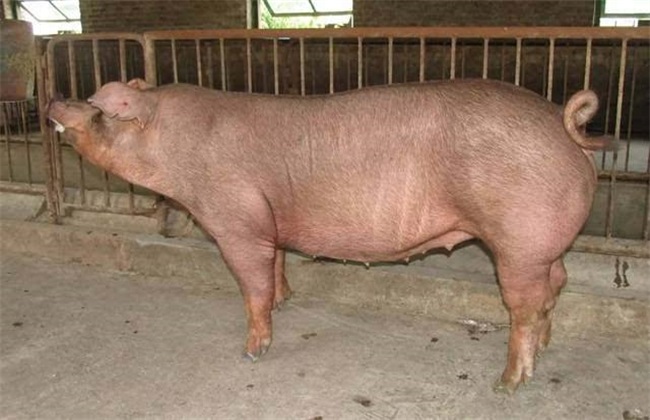Frequently Asked Questions for Newborn Sows
Pig is one of the largest domestic animals in China. The annual consumption of pork in our country is the largest among meat products, and pig farming is very common now. When raising pigs, sow production is very critical, which affects whether it can be raised continuously and efficiently. And some first-born sows often encounter a lot of problems when giving birth. The following editor brings you several common problems of first-born sows, let's have a look!

1. Eat less during pregnancy
Many people will have a problem when raising pigs, that is, when some first-born sows enter the pregnancy, the food intake will be significantly lower. In this way, fetal pigs will be undernourished. The reason for less food intake during pregnancy is mainly due to the weak physique of some sows, so they can not grab food in the herd, resulting in a reduction in food intake. In view of this phenomenon, we should be divided into groups reasonably, or raised separately according to the strength or weakness, to ensure the food intake of each pregnant sow and improve the quality of the young pigs.
2. Eat less during lactation
Eating less during lactation is also a common problem in first-born sows. Because sows will have serious weightlessness after giving birth, if food intake is reduced again, then lactation must be insufficient. If piglets do not have enough breast milk, there will be a series of problems, which will seriously affect the growth of piglets. Therefore, in order to improve the food intake of sows in lactation, we should improve the nutrition level of feed. Enhance the quality of feed and improve the growth environment of sows.
3. Poor quality of piglets
In general, the growth ability of piglets delivered by newborn sows is slightly lower than that of piglets delivered by sows. The piglets of newborn sows are lighter in weight and lower in vitality, so they are easy to become weak piglets. The main reason for this is that the first-born sows have a small uterine volume and eat less during pregnancy. Only small and weak piglets can be raised together, and sufficient sows should be ensured to prevent excessive death of weak piglets and affect the efficiency of breeding.
4. The interval of weaning estrus is long.
After the first sow is weaned, there will be a lot of problems. One of the most common is that the interval between the second estrus is very long, even if it can be normal estrus, the litter size will be affected and reduced. It is mainly due to the lack of food intake of sows after weaning, and this problem will occur if the physique does not recover as soon as possible. Therefore, we should not only improve the nutrition level of feed during the lactation period of sows, but also appropriately reduce the burden of sows. If the lactation of sows is insufficient, we should reasonably regulate the number of piglets and do a good job of piglet foster care.
The above is a brief introduction to several common problems of parturient sows. That's all for today's introduction. This article is for reference only. I hope it can help you all.
Related
- On the eggshell is a badge full of pride. British Poultry Egg Market and Consumer observation
- British study: 72% of Britons are willing to buy native eggs raised by insects
- Guidelines for friendly egg production revised the increase of space in chicken sheds can not be forced to change feathers and lay eggs.
- Risk of delay in customs clearance Australia suspends lobster exports to China
- Pig semen-the Vector of virus Transmission (4)
- Pig semen-the Vector of virus Transmission (3)
- Five common causes of difficult control of classical swine fever in clinic and their countermeasures
- Foot-and-mouth disease is the most effective way to prevent it!
- PED is the number one killer of piglets and has to be guarded against in autumn and winter.
- What is "yellow fat pig"? Have you ever heard the pig collector talk about "yellow fat pig"?



